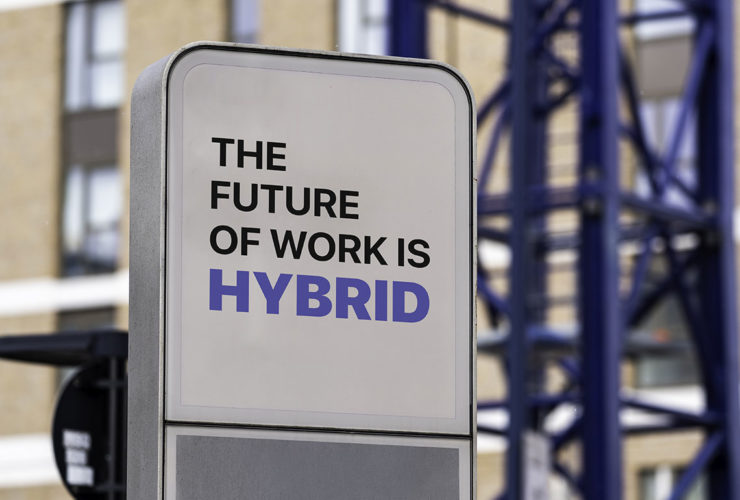For leading tech companies, quality, efficiently conducted technical interviews that include coding challenges are at the core of their tech hiring.
It’s easy to see why. Studies and practical experience show that technical interviews are by far the most predictive for tech professionals’ future job performance. And conducting them properly and efficiently helps ensure that the quality talent comes on board quickly, so that productivity is maximized.
Yet among banks and other financial institutions—which are now tech companies’ biggest competitors for tech talent—technical interviews are still often conducted inconsistently, slowly or not at all (one freelance IT interviewer told us that technical interviews were “optional” at one of the nation’s largest banks).
This is a major problem with major consequences. Below are three of the consequences for banks and financial institutions that fail to conduct quality technical interviews.
1.Customers’ expectations aren’t met
Customers increasingly expect two things from their online and mobile interactions with their banking and financial institutions:
- For the interactions to be as instantaneous as Facebook. This is true from everything from ordinary banking activities to checking on investments or trading stocks. People don’t want to wait, and banks with strong technical departments are taking advantage. Some banks are even allowing customers to do a mortgage application on an app.
- For the interactions to be as secure as Fort Knox. This goes well beyond cameras and phone security; increasingly the concern is cybersecurity—protection from hackers. In fact, according to the Federal Reserve’s “Consumers and Mobile Financial Services 2016” report, 42% of people with a mobile home think people’s personal information is “very unsafe” or “somewhat unsafe” when they use mobile banking, and another 15% “don’t know” how safe mobile banking is.
For banks and financial institutions, your technical staff is responsible for creating and sustaining tools and systems that provide the services and security that your customers expect. This means that investing in your own tech talent, which includes taking the steps to make quality tech hires—i.e. quality technical interviews—is essential.
Otherwise, due to the delays in conducting technical screens, you can expect mediocre or poor tech hiring quality, which will cause performance problems and delays in key projects. Similarly, your company likely will struggle to evaluate and implement the technical banking solutions offered by more and more competitors. The combined effect is you could lag behind competitors in releasing key products and services, such as a mobile app. Or worse, it could cause your security to be weak, potentially leading to a damaging and embarrassing breach. Any of these problems would cause customers’ expectations not to be met, and possibly prompt them to move their business to your competitors.
2.Candidates’ expectations aren’t met
A slow, substandard technical interviewing experience can cause candidates to be frustrated and to wonder what else about your company is substandard—and even impact their decision on whether to work for you.
One of the biggest causes of an overall substandard technical interviewing experience is a poor code review experience. A code review experience can go wrong in several ways, but the most common is a communication disaster created by not having the right tools for the job. For example, it’s common for some companies to use Skype video, with the interviewer using a whiteboard in an office. This forces the candidate to try to communicate their code to the interviewer to write on the whiteboard, slowing and frustrating the process and making it difficult for the candidate to focus on the technical challenge.
If the same candidate, meanwhile, has had seamless code review experiences with other employers—such as through a virtual whiteboard that all involved can write on or a collaborative code editor—your company will appear technologically inept in comparison, and as a less attractive option.
Meanwhile, it’s also important to note that a slow technical interviewing process can also frustrate candidates, leading to abandonment for other opportunities. IT professionals in high demand receive four to six job offers per week, according to Robert Half.
3.Your expectations aren’t met
Customers aren’t happy and you aren’t able to hire the talent you need. That’s a recipe for not meeting your own expectations—whether it’s revenue, increasing customer satisfaction ratings or improving your company reputation.
It’s clear: If your company is a banking and financial institution, not having a rapid, quality technical interviewing process is a major mistake. It will contribute to you failing to meet customers’ expectations, candidates’ expectations and your own expectations.







